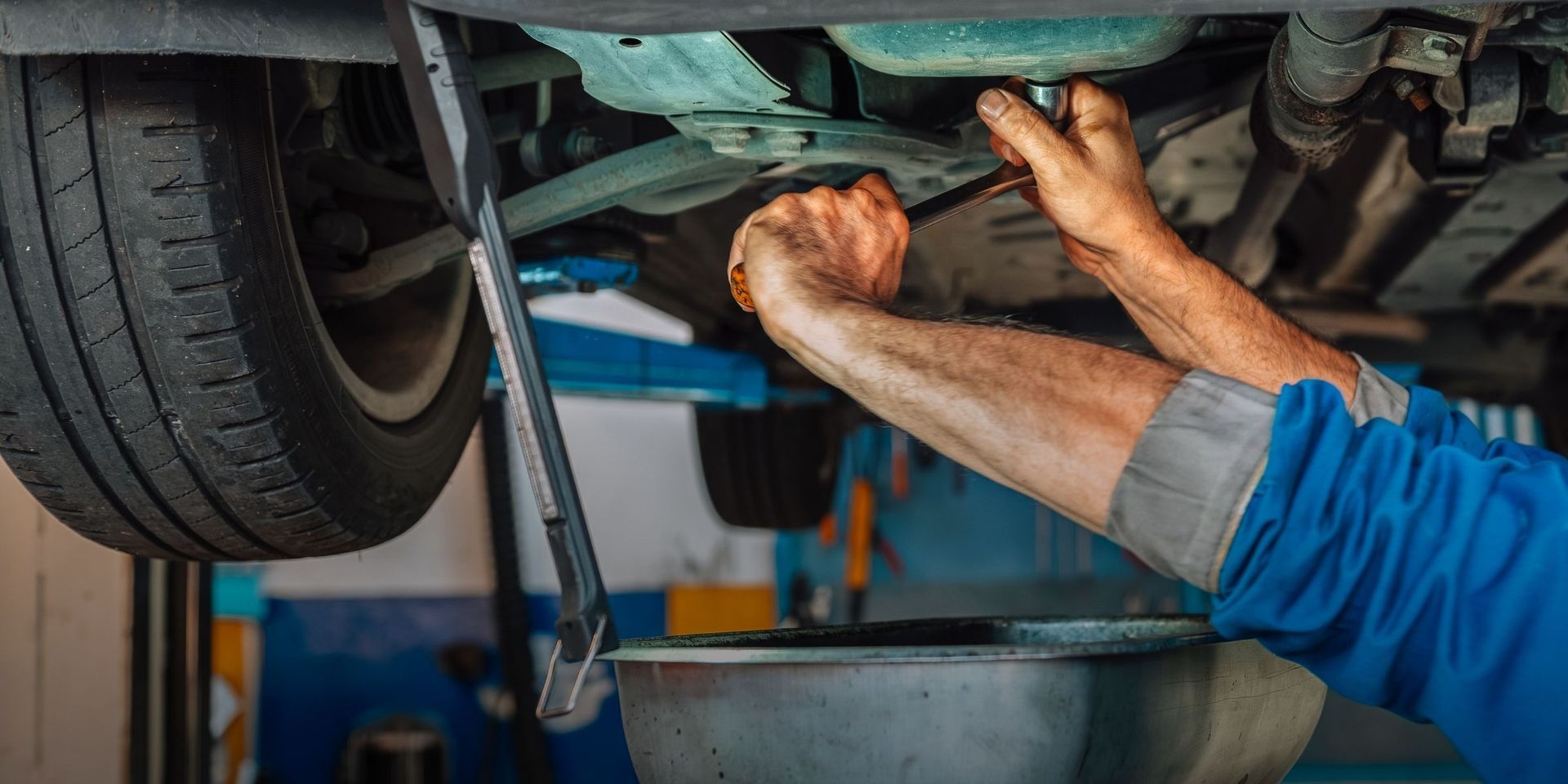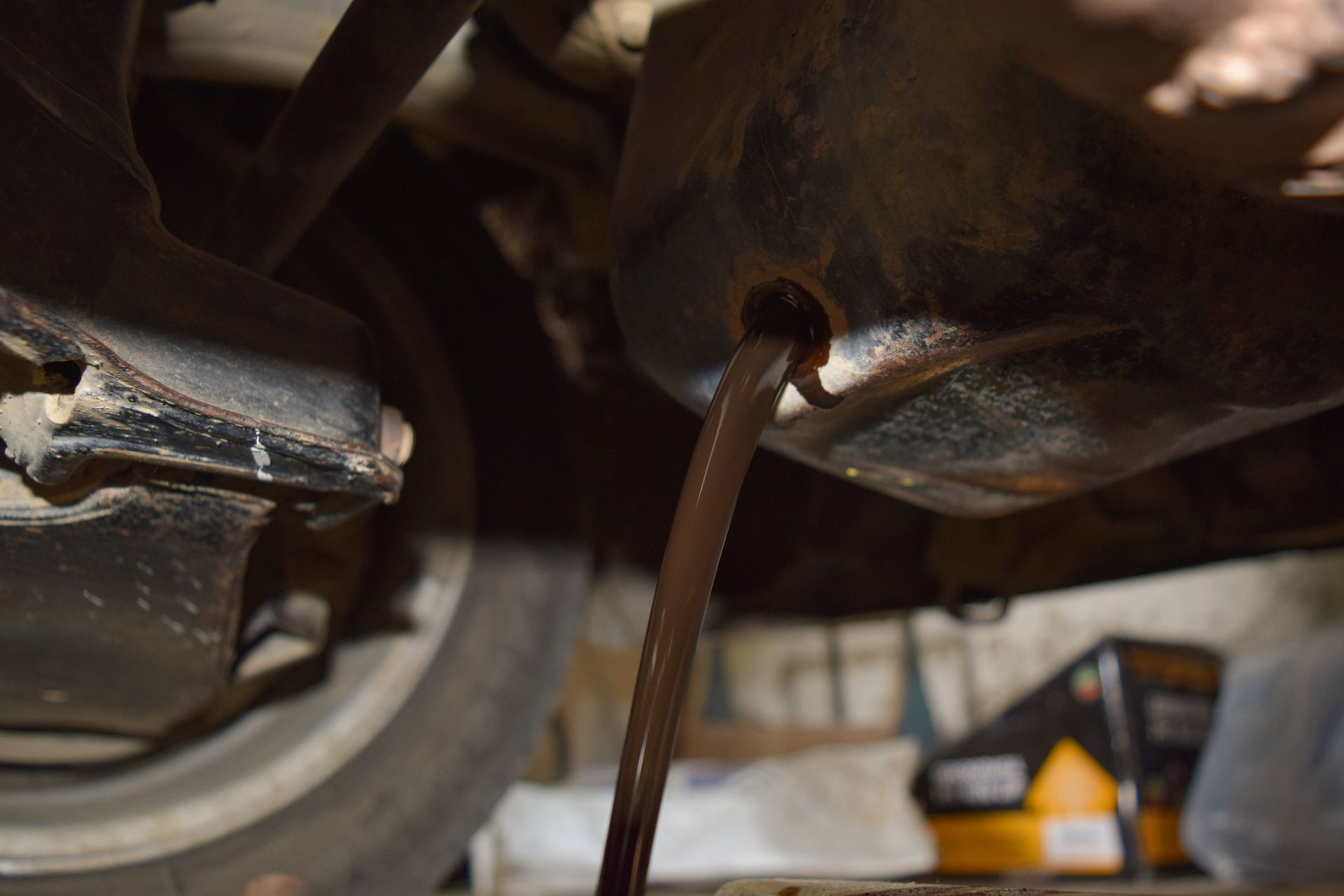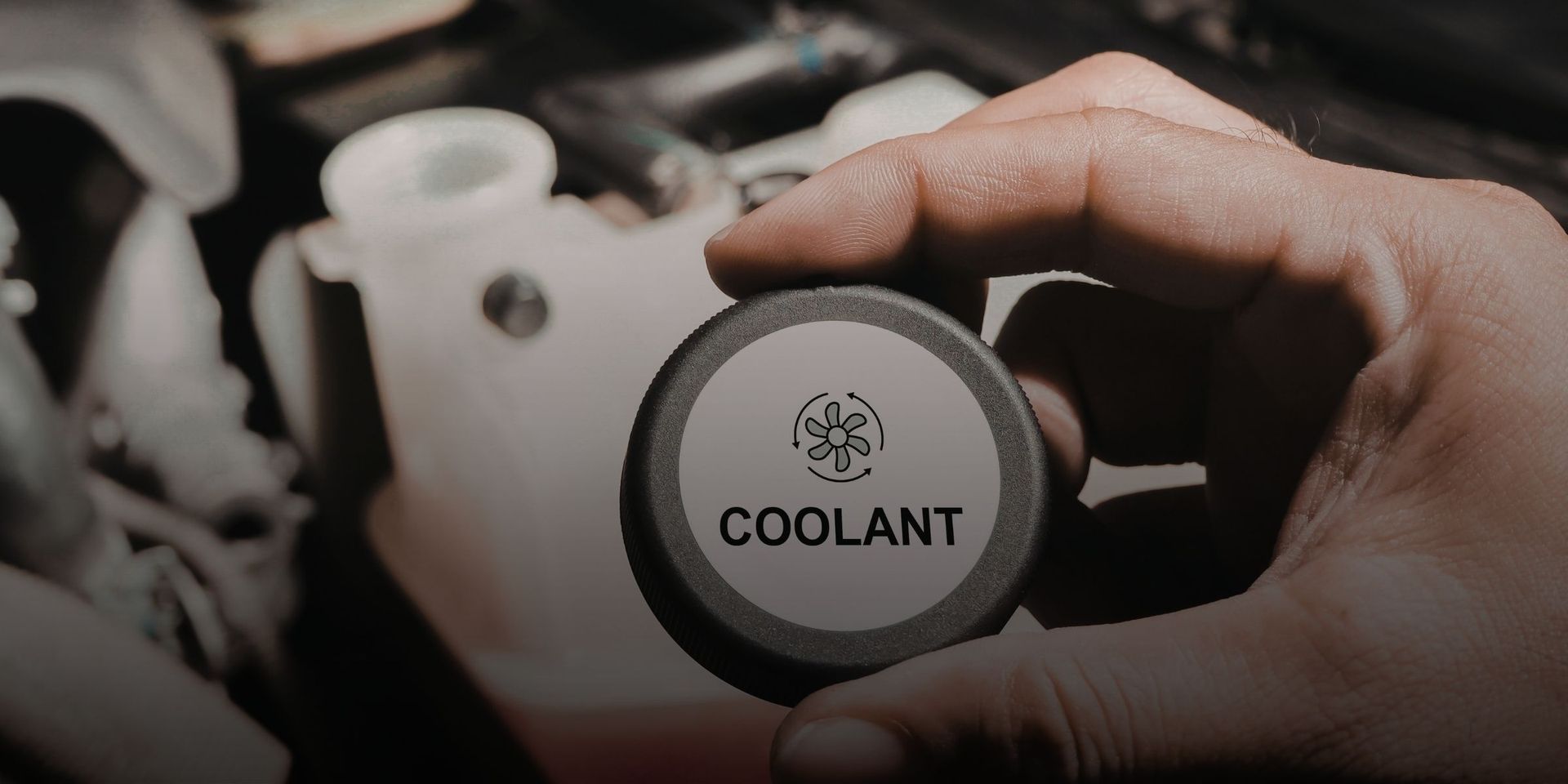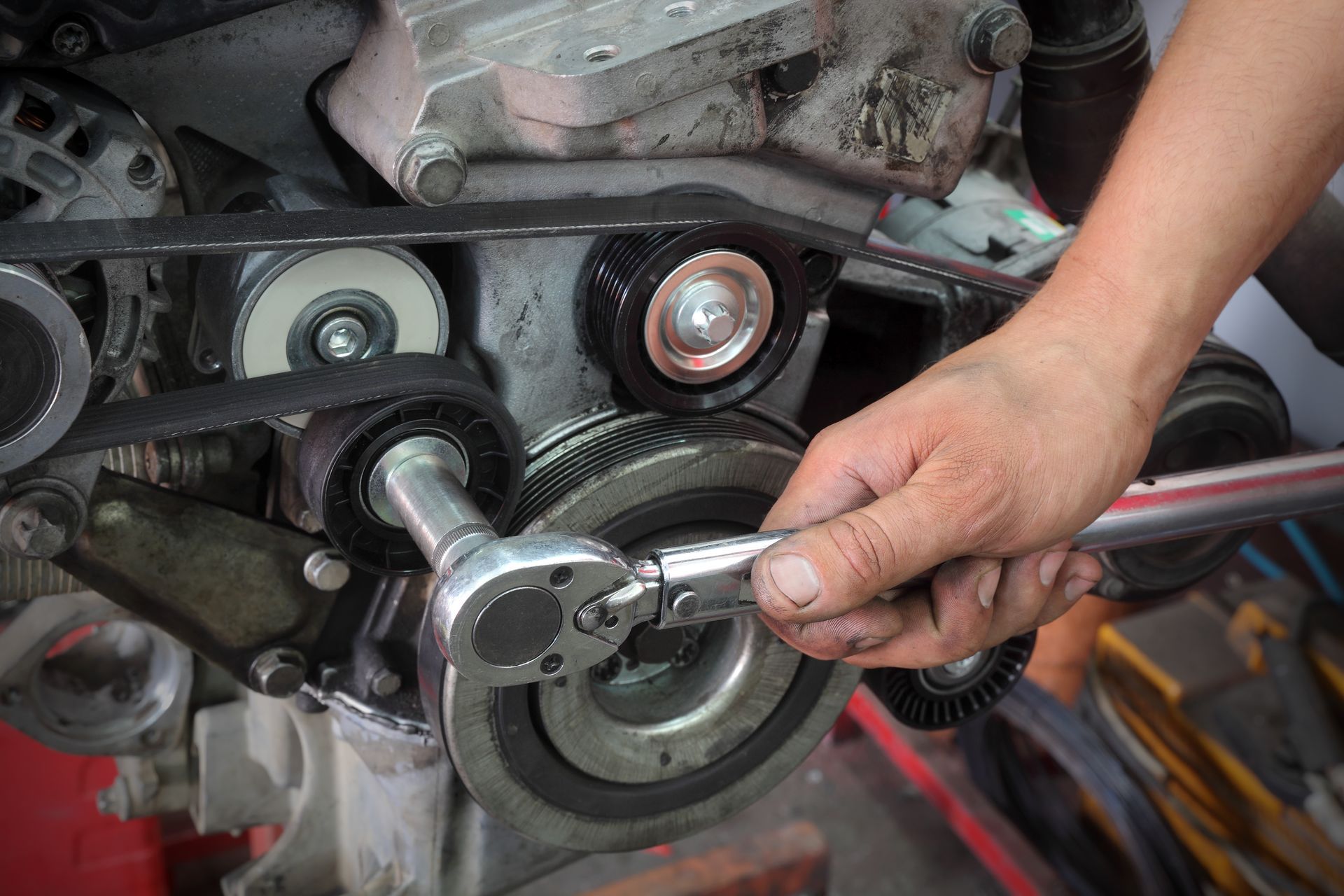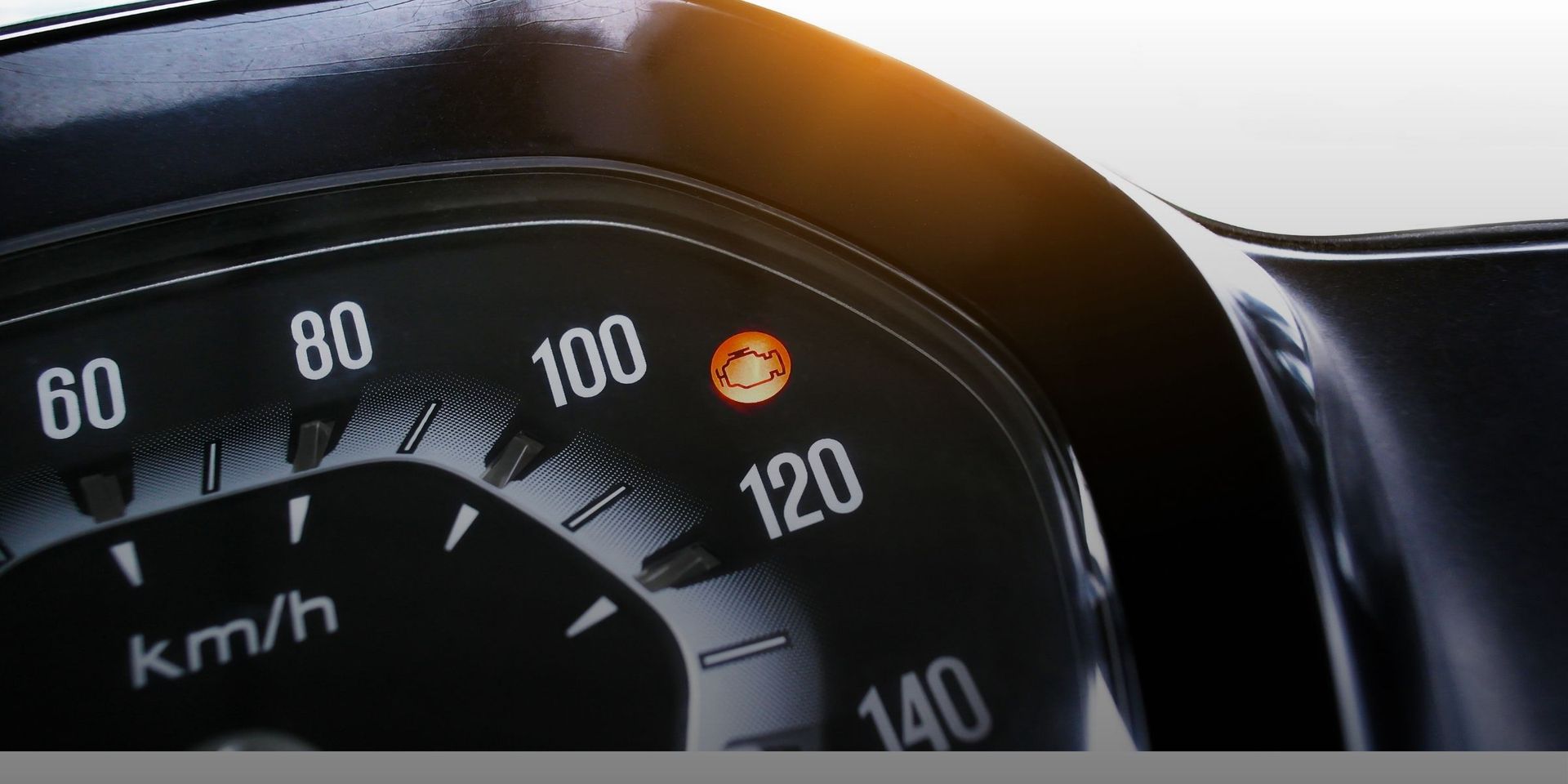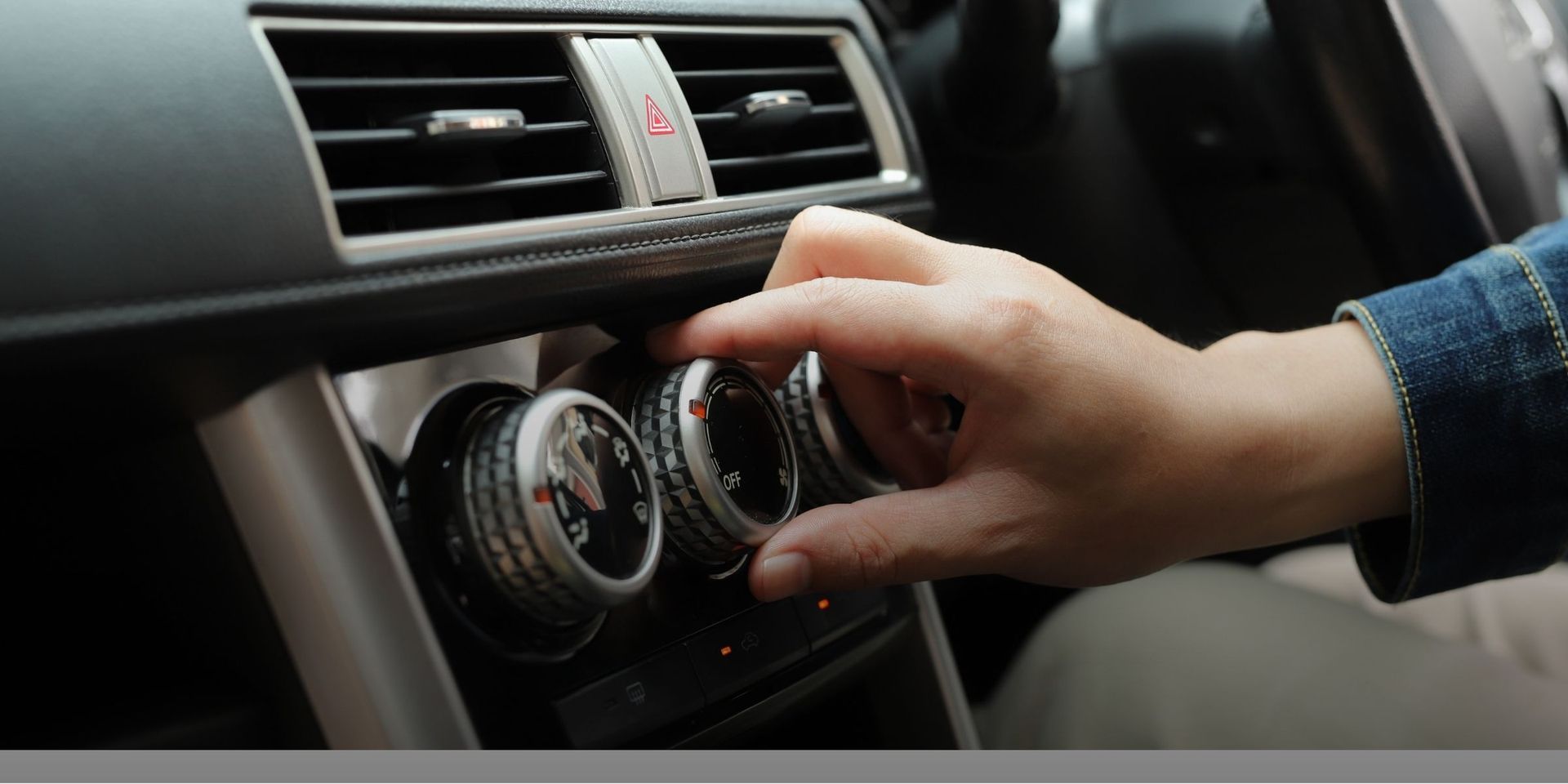Your car’s battery is the heart of its electrical system. It powers the starter motor, lights, infotainment, and countless other components when the engine isn’t running. Even while driving, it works alongside the alternator to keep your electronics running smoothly. Like all parts, however, a battery wears out over time. Knowing the signs that it’s nearing the end of its life can help you avoid the inconvenience and stress of a sudden breakdown.
Typical Battery Lifespan
Most car batteries last between three and five years, though this can vary based on climate, driving habits, and vehicle type. Hot weather, like Georgia’s summers, is particularly hard on batteries because heat accelerates internal chemical reactions and can cause fluid inside the battery to evaporate.
Even if your battery is still working after several years, it may not be holding a strong enough charge to reliably start your vehicle in all conditions.
Slow or Struggling Engine Crank
One of the earliest and most obvious signs of a weak battery is a slow crank when you start the car. The engine may turn over more slowly than normal, or it might sound labored before it finally starts. This happens because the battery is no longer providing the high burst of power needed for a quick, smooth start.
Dimming Lights and Electrical Issues
Your battery also powers your vehicle’s lights and electrical systems when the engine is off. If your headlights look dimmer than usual or your interior lights flicker, it can be a sign of a weakening battery. Some drivers also notice that their infotainment system resets or that power windows operate more slowly than normal.
Frequent Need for Jump-Starts
It’s normal to need a jump-start once in a while if you accidentally leave your lights on or run accessories too long with the engine off. But if you find yourself reaching for jumper cables regularly, your battery may no longer be holding a charge.
Frequent jump-starting isn’t just inconvenient—it can also strain your alternator and starter motor.
Check Engine or Battery Warning Light
Many vehicles have a dedicated battery warning light on the dashboard. If it comes on, it could mean the battery is weak, the charging system isn’t working properly, or there’s a connection issue. In some cases, the check engine light can also be triggered by charging system problems.
Corrosion and Swelling
A visual inspection can reveal clues about your battery’s health. Corrosion on the terminals can interfere with the flow of electricity. While corrosion can sometimes be cleaned, its presence often indicates the battery is aging.
A swollen or bloated battery case is more serious and usually caused by excessive heat or overcharging. This type of damage is irreversible, and the battery should be replaced immediately.
Testing Your Battery
The best way to know your battery’s condition is to have it tested. A technician can measure the voltage and the cold cranking amps (CCA) your battery can deliver. This determines whether it still meets your vehicle’s starting requirements.
Testing is quick, inexpensive, and often part of routine maintenance visits. If your battery is approaching the end of its service life, testing can give you a warning before it fails completely.
Extending Battery Life
While all batteries eventually wear out, you can help yours last longer by:
- Keeping it clean and free of corrosion.
- Making sure it’s properly secured to prevent vibration damage.
- Avoiding frequent short trips that don’t give the alternator enough time to recharge the battery.
- Having your charging system checked regularly to ensure it’s not undercharging or overcharging.
Battery Service at America’s Service Station in Alpharetta, GA
A healthy battery is essential for reliable starts and trouble-free driving. At America’s Service Station in Alpharetta, GA, we offer professional battery testing, replacement, and charging system inspections to keep your vehicle running strong.
Schedule your battery check today and avoid the hassle of getting stranded with a dead battery.



